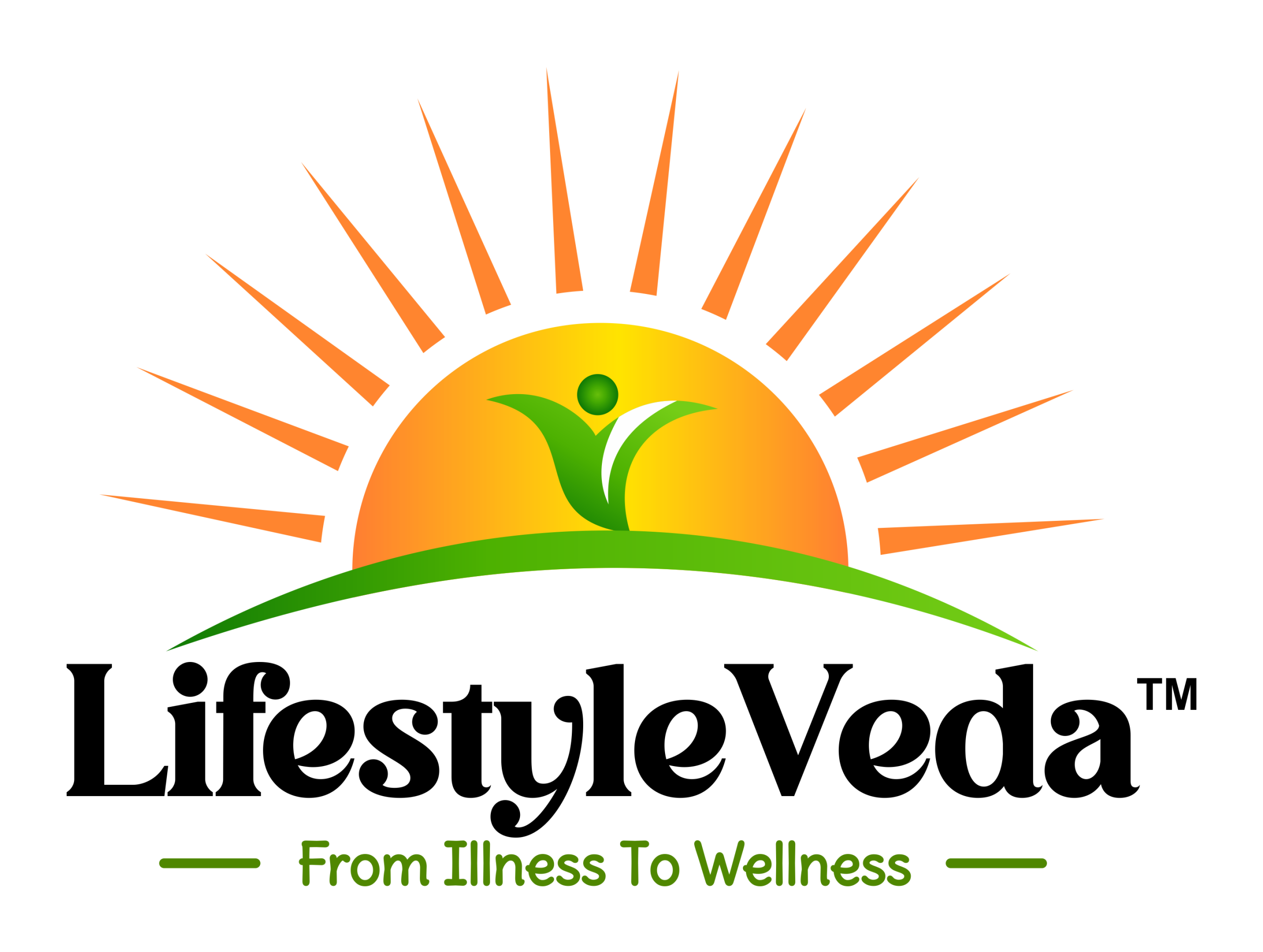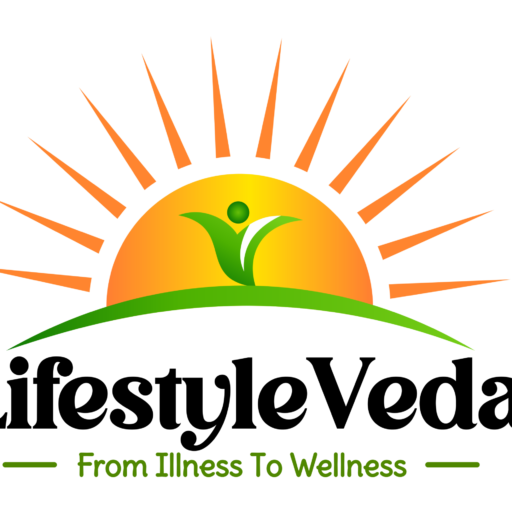
Urticaria (Hives): Causes, Symptoms, and Treatment
Urticaria, commonly known as hives, is a skin reaction that causes red, itchy, raised welts on the skin. It can be acute (short-term) or chronic (lasting more than 6 weeks) and is often triggered by allergies, stress, infections, or environmental factors.
Causes of Urticaria
🔹 Allergic reactions – Food (nuts, shellfish, eggs), medications (aspirin, antibiotics), pollen, pet dander.
🔹 Infections – Viral or bacterial infections like colds, flu, or strep throat.
🔹 Stress & anxiety – Emotional stress can trigger or worsen hives.
🔹 Heat, cold, or sun exposure – Sudden temperature changes can cause flare-ups.
🔹 Insect bites & stings – Can cause allergic hives.
🔹 Autoimmune diseases – Conditions like lupus or thyroid disorders may contribute.
🔹 Exercise or sweating – Heat and perspiration can trigger hives.
Symptoms of Urticaria (Hives)
Red or skin-colored raised welts (can be small or large).
Intense itching or burning sensation.
Welts may change shape, move, or disappear within hours.
Swelling (Angioedema) around the eyes, lips, or throat in severe cases.
Severe allergic reaction (Anaphylaxis) symptoms:
- Swelling of the throat, difficulty breathing, dizziness, or fainting.
- Requires immediate medical attention (Call emergency services).
Diagnosis of Urticaria
Physical examination – Checking rash patterns.
Allergy tests (Skin prick test, Blood test) – Identifies triggers.
Elimination diet – Removing potential food allergens.
Treatment for Urticaria (Hives)
1. Medications
Antihistamines – Loratadine, Cetirizine, Fexofenadine (for itching & swelling).
Corticosteroids – Prednisone (for severe cases, short-term use only).
Epinephrine (EpiPen) – For life-threatening allergic reactions (Anaphylaxis).
2. Home Remedies & Natural Treatment
Cold compress – Helps reduce swelling & itching.
Oatmeal or baking soda bath – Soothes the skin.
Aloe vera gel or calamine lotion – Reduces irritation.
Avoid known triggers – Food, medications, stress, or environmental factors.
When to See a Doctor?
🔹 If hives last more than 6 weeks (chronic urticaria).
🔹 If swelling affects breathing or swallowing.
🔹 If hives keep coming back without a known cause.

